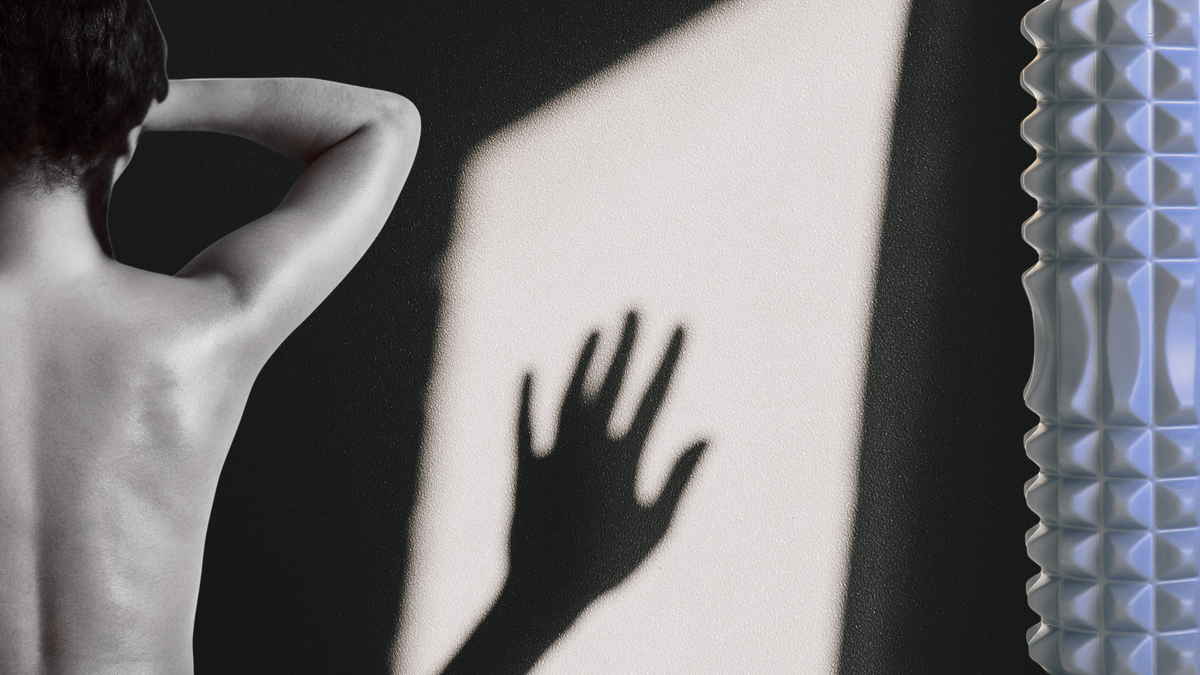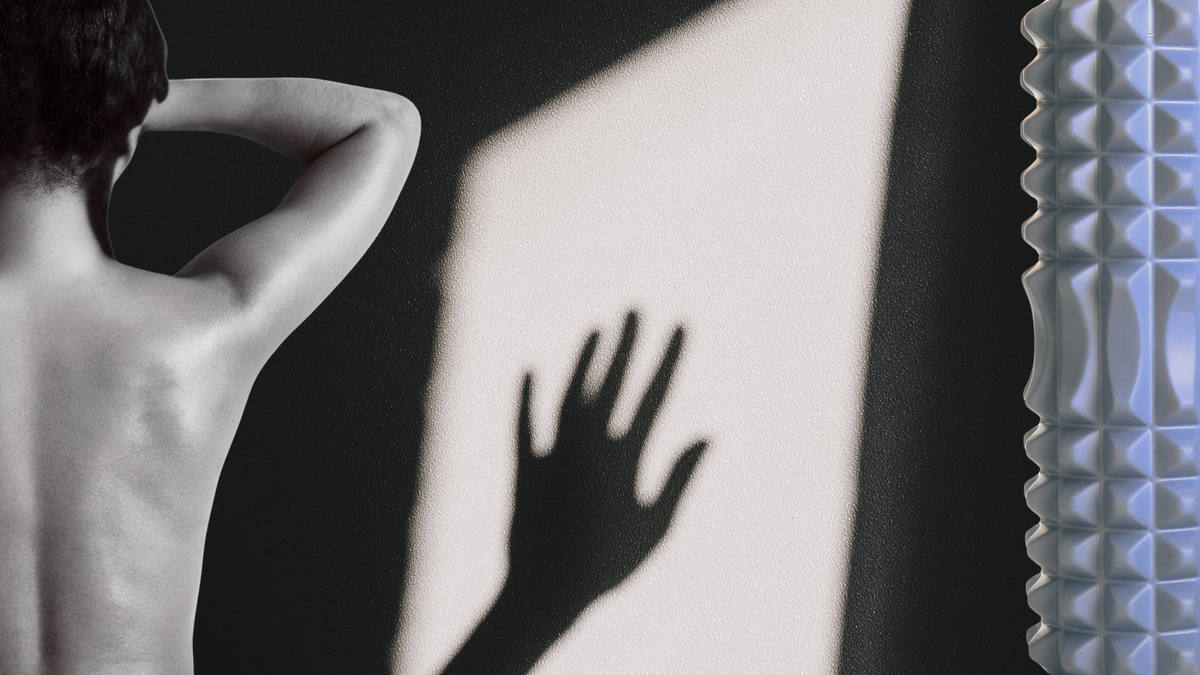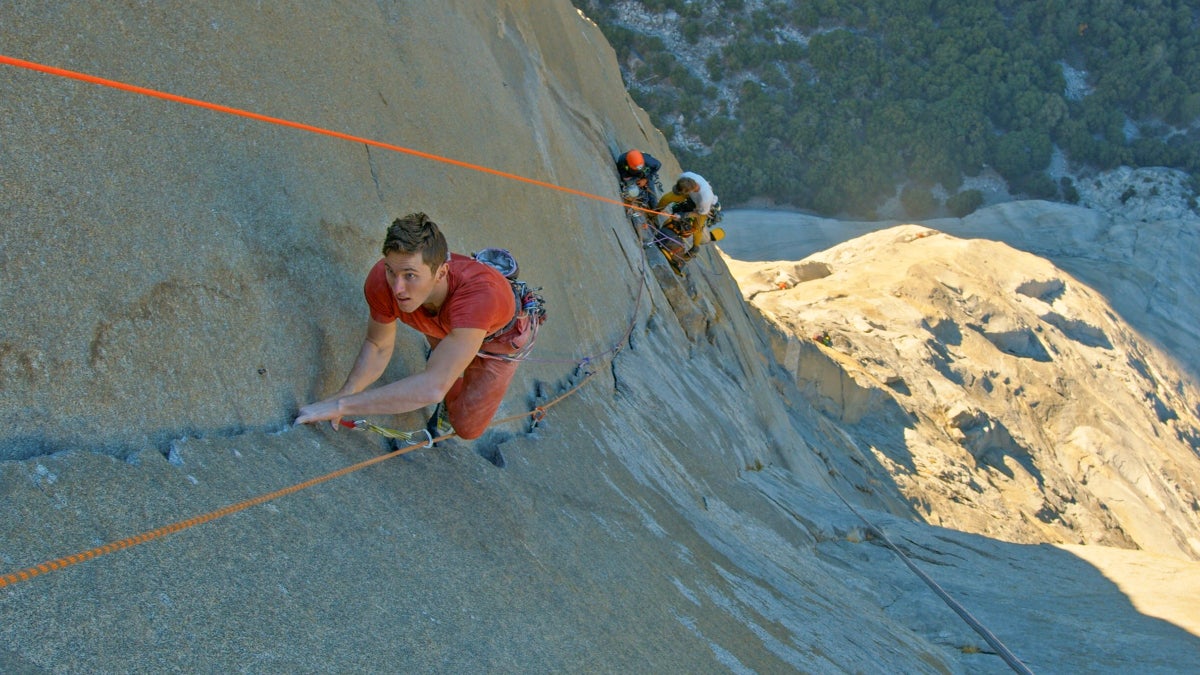
I love a massage. You won’t see me toeing the start line of a race without one on the calendar for the following week. On vacation, I always try to find a spa. At home, I’m religious about foam rolling. Once, I saw a runner on Instagram digging a lacrosse ball into the arch of his foot, and I immediately adopted the practice. I know these practices feel good, but when I started looking into whether they were actually helping me recover better (or faster) in the long term, the evidence was inconclusive at best.
How much of an impact do recovery treatments like foam rolling and massages really have on sore muscles? Are my preferred recovery methods actually working, or is it the placebo effect? Here’s what experts had to say.
How the Placebo Effect Works
The placebo effect is a phenomenon in which people experience a perceived improvement in their condition after receiving a treatment, even though the treatment itself is ineffective. While it’s hard for science to pin down exactly why placebos seem to work, there are a few possible explanations.
Placebos Can Activate Existing Healing Processes in the Body
According to Elissa Patterson, a clinical health psychologist who studies the healing effects of placebos, “The body has built-in mechanisms to heal cuts, regulate energy expenditure, take in oxygen, build strength, expel waste, and make use of nutrition. When a placebo works, it is activating those existing processes.” So when a person responds to a placebo treatment, they may be responding to natural pain-relief pathways.
For example, let’s say you trip over a rock during a hike. You get a small bruise that feels tender. So you take a pill that you believe is ibuprofen, but it is actually just a sugar pill. After some time, you feel some of that tenderness go away, even though there was no active medication. This happens due to a process known as placebo analgesia. This means your brain expects relief, activating some of the same pain-relieving pathways that drugs like ibuprofen target, such as those involving prostaglandins, which are chemicals that influence your perception of pain.
Placebos Replicate Conditioned Responses
Another way that placebos work, Patterson explains, is through conditioned responses, meaning the brain reacts to prepare us for activities that we do repeatedly. “A person might have conditioned responses to the scents, sounds, and sights that they encounter at the place where they go for a massage. Ritual can help boost a person’s expectations, sense of meaning, and belief in the power of the intervention, all of which enhance the placebo’s effectiveness.”
The expectation of feeling better and the touch that’s inherent in massage might contribute to people’s perception of pain relief post-massage.
If you’re at the spa and you get a massage regularly to relieve tension in your neck. When you enter the massage room the next time, you feel some of that neck tension dissipate because your brain associates that massage room with less neck pain.
Invasive Placebo Treatments Can Trick Your Brain and Body
Surgery, for example, can sometimes lead to a positive outcome, even if the surgery itself didn’t physically help. “This power of surgical placebos may be, in part, a product of how our brains tend to rationalize and make sense of our actions. In general, our brains tell us that surgery is an important intervention, and we would not subject ourselves to it if it were not important and going to solve a problem,” says Patterson.
For instance, suppose you have knee pain and you undergo a costly series of platelet-rich plasma injections. In that case, you might start to feel better even if the treatment itself doesn’t have a strong physiological effect. The combination of expense, medical setting, and perceived sophistication of the procedure can amplify your expectation that it will work, prompting real changes in how your brain processes pain and how your body responds to it.
Are Massages and Foam Rolling Helpful or Not?
They are—to a point. Massage and foam rolling are practices that involve myofascial release, a term for releasing tension in muscles and the fascia, the stringy tissues woven through the muscles.
Research shows that after receiving a massage, soreness and stiffness are alleviated, but only for a short time. Ultrasound technology shows that there’s no evidence to suggest that massage leads to structural changes in muscle tissues, which could partially explain why people report that their original pain and stiffness return minutes after a massage.
A 2025 study that compared the effects of three recovery methods, foam-rolling, light jogging, and rest after intense exercise, found that each method reduced lactate buildup (lactate is a sign of muscle fatigue), but that none of the methods significantly outperformed the other. So, even though foam-rolling can be helpful, it might not be better than just resting post-workout.
Moreover, the expectation of feeling better and the touch that’s inherent in massage might contribute to people’s perception of pain relief post-massage—hinting at massage’s potential placebo effect.
While getting a massage feels great in the short term and can aid mobility, it’s not intended for the treatment of chronic pain or long-term healing, says Dr. Maria Janakos, a physical medicine and rehabilitation specialist in non-operative sports medicine at NYU Langone Health.
Does This Mean Foam Rolling and Massages Are Pointless?
No, it is not pointless. “You can absolutely use a foam roller as part of a treatment program. It’s not the end-all, be-all, but you can use it as part of your training and recovery. The same goes for massage,” says Janakos. These practices feel good, which is a good thing.
If it makes us feel better, the placebo effect is still a powerful recovery tool.
But now that I know that my go-to recovery tactic might be working partly due to the placebo effect, did I just ruin the magic? No. Research shows that placebos can still work even when people know they’re taking one. In so-called “honest” or “open-label placebo” studies, people taking pills clearly labeled as placebos have still seen improvement in conditions like irritable bowel syndrome. “For other people, though, knowing they are taking a placebo may decrease their belief and hope that it will work, which can diminish the effectiveness,” says Patterson.
What This Means for Your Recovery Methods
While scientists continue working to figure out just how effective placebos are for recovery, for most of us, it doesn’t really matter. If it makes us feel better, the placebo effect is still a powerful recovery tool.
According to Janakos, risk and cost are two important factors she considers when suggesting a treatment to a patient. She says, practices like ice baths, heat, or even foam rolling, all of which may be working, at least partly, through the placebo effect, are low-risk and low-cost. But when recommending pricier treatments such as acupuncture, which can cost between $15 and $400, Janakos often suggests localized treatment or less frequent sessions to manage costs. “I pay close attention to finances because I want patients to spend on what actually works.”
Safety should also be taken into account. Janakos advises that you should always inform your doctor about the types of treatments you are undergoing, and Patterson cautions against pushing yourself too hard. “It is important not to overuse the idea of placebo/mind-over-matter when one is trying to maximize one’s physical output. It is important to know one’s limits and have reasonable expectations for one’s own body,” says Patterson.
As for me? I’ll keep booking massages. Not because they’re a magic bullet, but because they help me feel better. And I’ll pair them with the recovery tools we know matter most, like proper fueling, rest, and sleep.
Want more Outside health stories? Sign up for the Bodywork newsletter. Ready to push yourself? Enter MapMyRun’s You vs. the Year 2025 running challenge.
The post Do Massages and Foam-Rolling Actually Help You Recover? Science Says It Might Be the Placebo Effect. appeared first on Outside Online.














